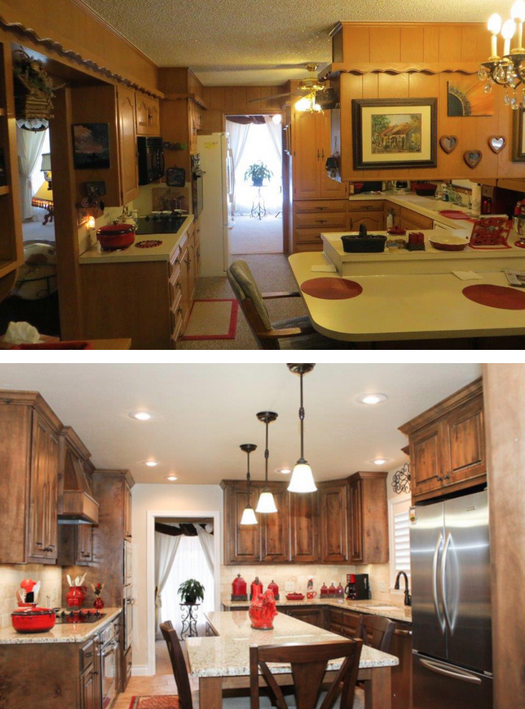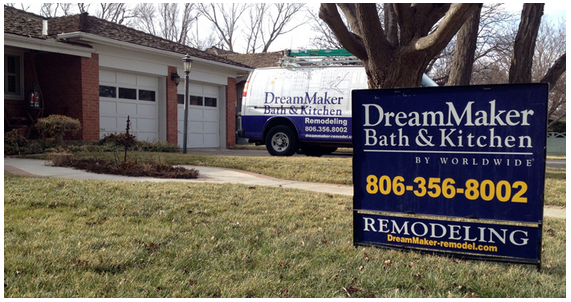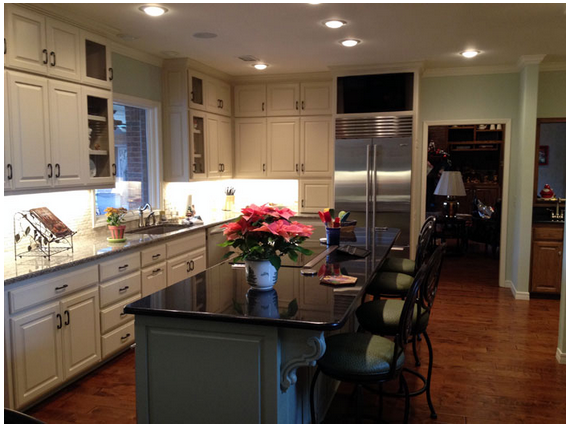Q&A with Steve Betts, owner of a two location Texas DreamMaker remodeling franchises
 Steve Betts with wife Stephanie, and their daughters.
Steve Betts with wife Stephanie, and their daughters.
Steve Betts was a banker before he became a remodeler. He made the switch in 2006 and says it was a great career move. The Texas man who owns a DreamMaker Bath & Kitchen franchise covering Lubbock and Amarillo was working for a family-owned bank when he learned about DreamMaker. Steve helped the bank manage properties, so he knew about hiring and managing contractors. He was handy, sure, but he had never been a professional builder or remodeler. So what convinced him to start a remodeling franchise?
This is his story.
Why did you decide to leave banking?
I graduated with a master’s degree in economics from Oklahoma State, and after college, I went into banking. I worked for a corporate bank in Wichita that had a lot of turnover because of bank mergers, and the turnover created a lot of opportunity for me. Everything was performance-based, which was good, but it was a corporate environment where my boss was changing every six months to a year. The new boss always wanted to improve the numbers so that he could get promoted. After awhile, you see that you can’t continually increase things by 50%-100%, and I felt like decisions were being driven by the bank’s numbers — not by what was in the customer’s best interest. I left that job for a family-owned bank in Amarillo. I got there, and it was like a time warp. People stayed for 30 to 40 years before they retired. They started there, they retired there. There was much more of a focus on customer service, but your opportunity to advance was extremely limited.
I always wanted to own my own business. Over the last year or two I was at the bank, I worked with the person who had the DreamMaker franchise in Amarillo. He told me he loved DreamMaker, that it had transformed the way he did business and he was making good money doing it. Unfortunately his dad had become ill and lived in Waco, and he was wanting to sell it and move. I made the jump and started doing sales for him as an employee with an eye toward buying the business.
I actually wound up buying an open territory in Lubbock, 120 miles south, where we started a DreamMaker from scratch. Within a year, we bought the franchise in Amarillo, too. I’ve had Lubbock now for seven years and Amarillo for six.
Both franchises launched just before the Great Recession. How did you survive and grow?
The timing was horrible. The first year God looked out for us. At the end of the year, I had Amarillo free and clear. The toughest year we had was in 2011, and I scaled back and did sales for both locations. I would be in Lubbock, which is where I live, on Monday, then Amarillo on Tuesday and Wednesday, then back to Lubbock. My wife’s salary and some side business managing a farm helped us. I put in a lot of hard hours, and it was tough, but I never lost money, and business really turned a corner a little more than a year ago. We had our best year ever in 2013 — it blew past my long-term goals for what I hoped the business would do.
How did your banking background aid you in running a remodeling franchise?
The whole time, even as business slowed, I showed a profit. Managing the business was my strength, but it was nice to have the encouragement of other franchisees who were fighting through the recession and having to cut back, too. It would have been easy to get discouraged and lose my vision about what I wanted to do. But other franchisees gave me some great ideas. For instance, one franchisee found a woman to help with leads, and she did a pretty good job. So when business started picking back up again, I was drowning in leads. I was able to make a deal with her, and she was able to take leads and qualify them for me. That helped tremendously.
What attracted you to franchising?
A typical white-collar person eventually will feel trapped in their job or will feel like they have hit a ceiling. Their earning potential is limited. The only way to earn more is to work harder and do more. If my compensation is commission-based — which it seems like it is for everybody anymore — then I have to sell more this year than I did last year to make a little more money. I wanted to be rewarded for my work in proportion to the amount of time I put into it.
Also, I wanted to be able to do something that would allow me to work hard for 10 years, then have built something that would allow me to pull back and still generate profits. Also, when I am ready to stop, I have a bona fide business that I can sell and receive a return on my investment. In the corporate world, the day you leave, your paycheck stops.
 The before and after of one of Steve’s kitchen remodels.
The before and after of one of Steve’s kitchen remodels.
What makes DreamMaker appealing?
It is a business based on Biblical principles. You start to see the heart of Doug (Dwyer, DreamMaker president) and see that he is different. For him, it’s not about money, per se. No question, he is a hard negotiator trying to make a profit, but not at the expense of others. He has integrity. The other thing I appreciate is the strength of the other franchisees. You just see really, really good people morally who are doing their best and working to get better, and who are willing to share ideas and help you out. It’s a real family atmosphere. From a business standpoint, if you are willing to plug in, that means that instead of coming up with 10 marketing schemes, I can talk to two or three guys and find out what has worked for them and what they would do differently if they had a chance to start over. That sharing, to me, is the strength of the whole organization.
You had never owned a remodeling business before. What is the key to your success?
I grew up on a farm in the Oklahoma panhandle and had a big-time do-it-yourself type upbringing. I can weld. I loved wood shop in high school; it was probably my favorite class. When I was doing property management at the bank, we hired contractors to do work. I worked with subcontractors, so I had some pretty decent experience working with them to get quality work. I wouldn’t hold myself out as a master craftsman, but I have finished jobs before.
My best lead carpenter right now also grew up on a farm. On the farm, the mentality is you get it done. No excuses. It’s been a huge help, because I learned to work with my hands. I have a pretty good eye for quality work and craftsmanship, and I am a fast learner. I would contend that learning the business side of it is harder than learning the carpentry side of it. You should be running the business anyway, not doing the everyday carpentry work. It is better to hire good contractors, teach them good business principles and turn them loose, and then focus on sales. Quality work is a must, but businesses will die and — often do — because they don’t sell enough and they don’t sell at high enough margins. If you can sell and sell at high enough margins, you can pay for the best carpenter in town to come work for you. You may be a great carpenter yourself, but if you try to do it yourself, you run out of capacity. If you get good at sales, you can always hire another great carpenter. What I like to do is hire A-team players and let them loose to do great work. They like that, too. You shouldn’t hire a helper-caliber person just so you can pay them a third less. I try to hire someone who is already a successful remodeler, but who doesn’t enjoy the sales part of the business. If you bring them on, incentivize them, motivate them and make them part of the team, they love it.
What do you like about it?
I’ve found a new side of my personality. I really like design, and I have a pretty good eye for it. I’ve also learned a ton from the different trades. I know a guy who is incredibly gifted; he does custom cabinets for super high-end luxury homes. We can borrow those ideas and bring them into more modest homes. I get a big kick out of the difference you see between the start and end of a job. In banking, you have unending paper shuffling. With this business, it’s nice to be able to create something and see the satisfaction that people have. I love the joy you see upon a customer when you are finished and it is exactly what they wanted.
Now that business has picked up and we’ve had a great year, I’ve been able to do things to help my community. That’s something I really like. As it’s grown — and I never really anticipated this feeling — as I look at my business, there are eight families who are earning a living. Through the blessings of God, you get to watch employees have kids and put them through school. They have the funds to be able to have a positive impact on their lives. Watching them grow, there’s a lot of personal satisfaction there, too.
What sets DreamMaker Bath & Kitchen apart?
One of the biggest complaints people have with remodelers is that many will lowball the price and timeframe for the project. We deliver what we say we are going to deliver, and we know what it will cost. Our systems are so thorough that it enables us to do that. We also take the time to listen to our customers and educate them about options and styles. I don’t want one of my customers to go to a Parade of Homes and say, “Oh, my gosh. I wish someone had told me about that spice rack pullout, or that beautiful countertop.” Our customers tell us over and over that our projects look like something out of a magazine.
The other thing that sets us apart is the caliber of the people doing the work. When the remodel is done, people will tell me that they trusted the carpenter completely, that they were incredible, that they were even more committed to perfection than the owner.
How large is the opportunity for a professional remodeler to grow a business?
Honestly, if you look at the remodeling magazine “Big50,” you can take the DreamMaker model and get as big as anyone out there.
What do you appreciate most about the leadership and support staff at DreamMaker?
The systems are extremely tested and tried, and they keep making big improvements. The staff, they have the same heart as Doug. They are very helpful and very oriented toward caring about you and helping your business. The marketing side has been a big strength in terms of what they bring to the table. For instance, we have guidelines for how much to spend on different media, as well as what to expect from different spends — some build brand awareness, while others are specifically designed to pull in leads. There are a lot of things that are extremely helpful. They have a lot of advertising templates that are easy to use, so you don’t have to spend a lot of time with a local ad agency to develop materials. Also, they share the experience of what has worked well in other markets — if you are going to do TV, these are the things you want to be sure to do; if you are going to do newspaper ads, here’s how to do it.
Why should someone without a contracting background consider DreamMaker?
There is unlimited upside, and this concept offers you a lot of satisfaction that you’re not likely to have if you’re just selling pizzas or mailing packages. This is about more than just making money. There is a lot of gratification in seeing the results of your work.
How do you like working with the customers?
I recently had a customer whom we remodeled a kitchen for, and ever since she’s been telling all her friends and neighbors about us. I kid her that she’s nicer to me than my mom! She has single-handedly brought in three calls to my business.
Now that the business has turned a corner, how has it affected your life?
This year we bought a house with a pool and an outdoor kitchen, and we constantly have kids over. I also bought a used Harley that I enjoy putting around on. My kids are active in sports, and we can be there for most everything they do.
I still have the same CPA I used when I was a banker, and he asked me, if you were still at the bank, how much would you have made last year? And every year since I left the bank, even during the downturn when I was doing some consulting on the side, I have made more money than I would have made at the bank. I’ve worked more hours, but bottom line, I’ve done better. What I made last year? There’s no way I would have made half of that doing what I was doing. So, again, that’s the upside. To some degree, the sky is the limit.




